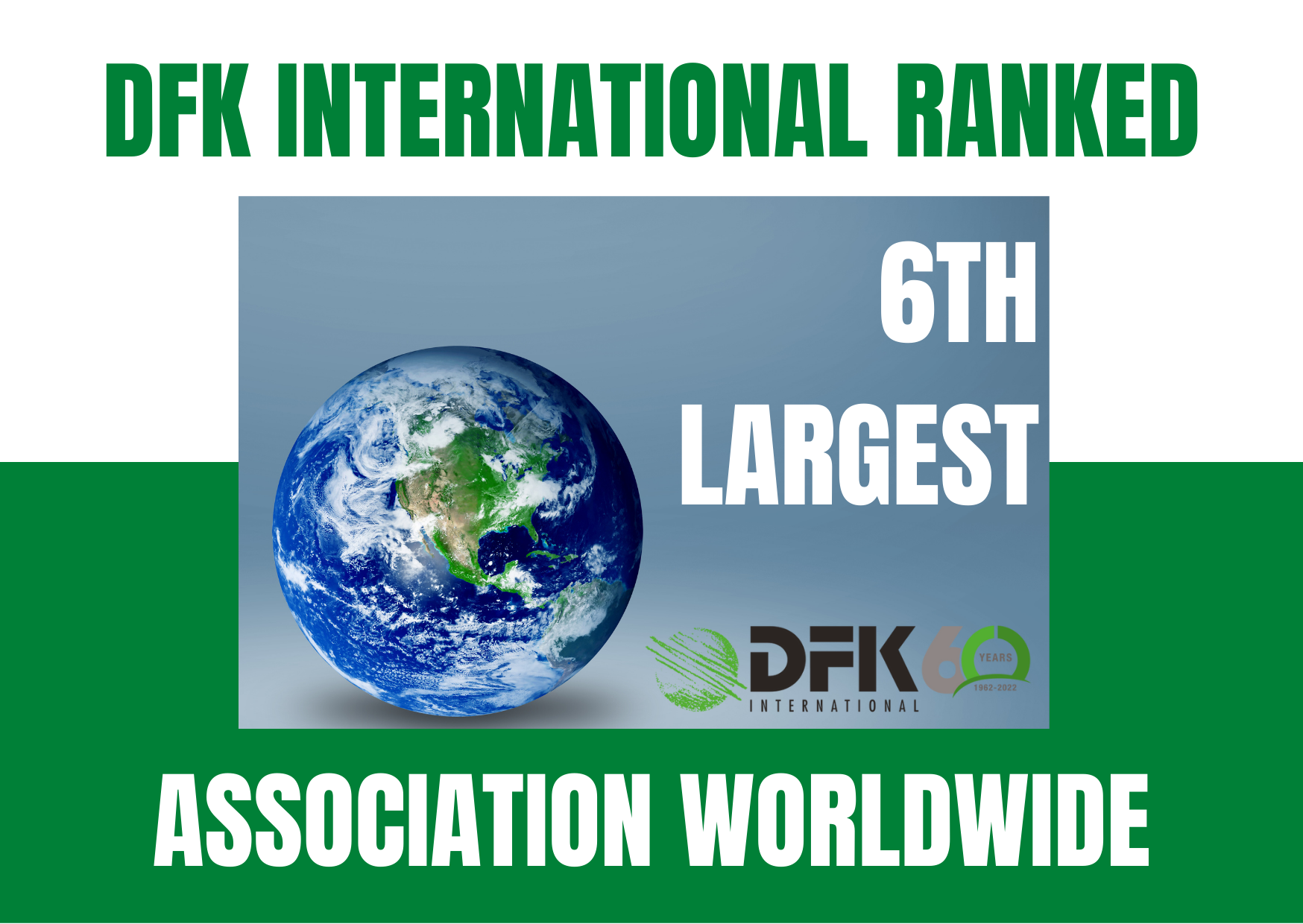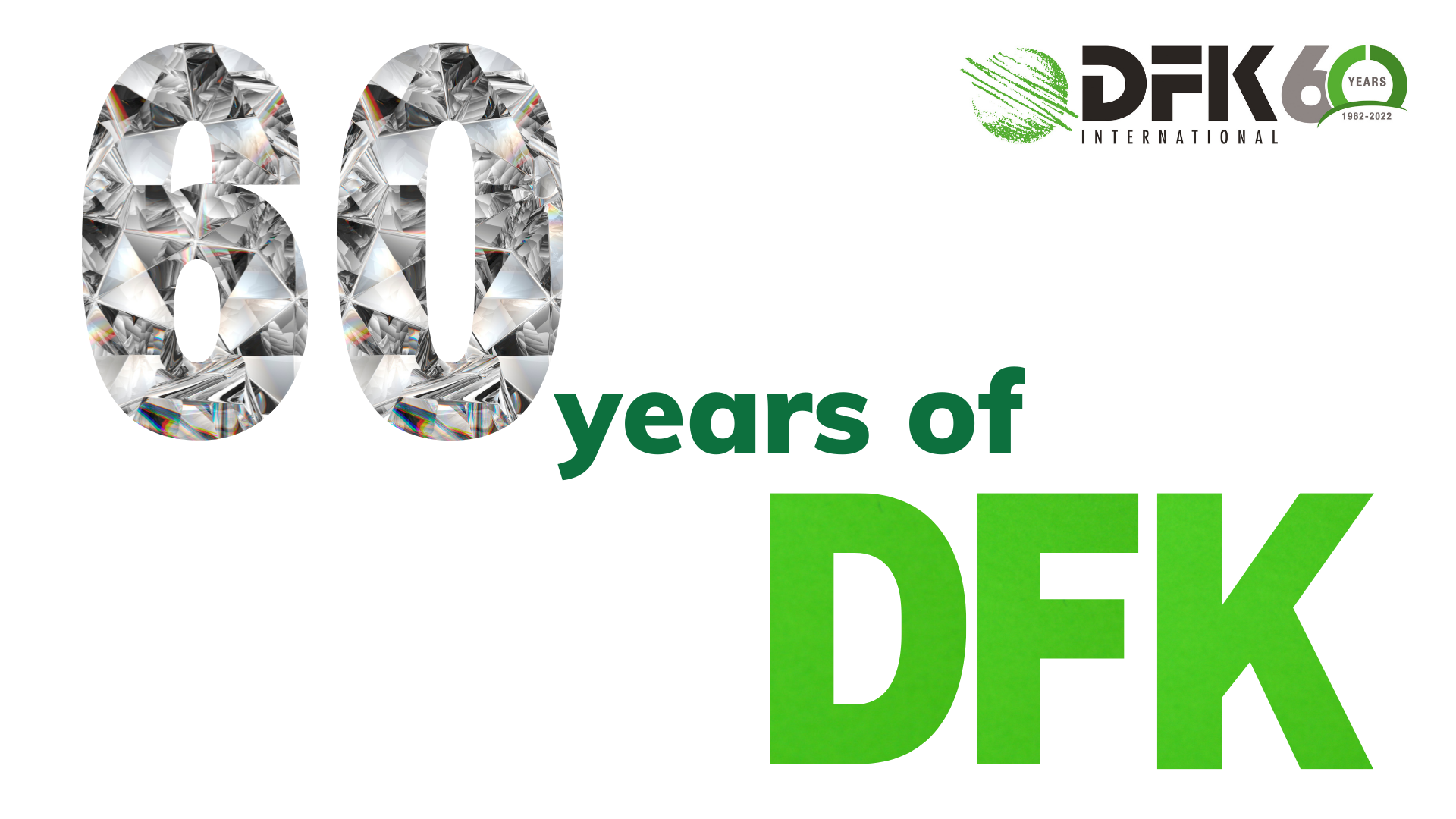
As the expansion of remote working continues, more employees are no longer obliged to work at their employer’s premises or, indeed, even in the same country as their employer’s premises. This presents a number of opportunities and challenges for employers. In the first of our global mobility series, we will examine the tax compliance obligations for Irish employers with employees working abroad.
Situation One – an Irish employer hires a new employee based abroad
An Irish employer does not need to operate Irish payroll taxes on the salary of an employee who:
- is not resident in Ireland for income tax purposes
- was recruited abroad
- carries out all the duties of their employment abroad
- is not a director of your company; and
- has no Income Tax liability in Ireland.
For any employee in these circumstances, an Irish employer does not have to apply for a PAYE Exclusion Order to Irish Revenue and is not required to include the employee on the employer’s payroll submissions to Revenue. Employers should maintain a record of each such employee with a record of any payments made to them each year.
This is a useful exemption for Irish employers who recruit employees to work abroad as it means the non-resident employee does not need to apply for a PPS number.
Situation Two – an existing employee of an Irish employer moves abroad
An Irish employer may find that an existing employee, who lives and works in Ireland, decides to move abroad indefinitely while retaining their existing employment. In this instance, the tax obligations for the Irish employer depends on the employee’s tax residence in Ireland. This must be reviewed each year.
An individual is tax resident here if they are in Ireland for 183 days or more in the calendar year or for 280 days or more across the current and preceding calendar years. An individual is not tax resident in Ireland if they are here for 30 days or less in any calendar year.
a. The employee is tax-resident in Ireland in the year of departure
An Irish employer can apply to Irish Revenue for a PAYE Exclusion Order where an employee:
- leaves Ireland during the year
- becomes tax resident elsewhere
- will carry out their employment duties wholly outside of Ireland, and
- will be resident outside Ireland in the following tax year.
Once issued in these circumstances, the PAYE Exclusion Order will relieve the employer from the obligation to deduct Irish income tax and USC from that employee’s salary from the date of departure.
b. The employee is not tax-resident in Ireland
An Irish employer can apply to Irish Revenue for a PAYE Exclusion Order where an employee:
- is not resident in the State for tax purposes for the relevant tax year, and
- carries out the duties of the employment wholly outside of Ireland.
Once issued in these circumstances, the PAYE Exclusion Order will relieve the employer from the obligation to deduct Irish income tax and USC from that employee’s salary for the full tax year.
PAYE Exclusion Orders have an expiry date. An employer may apply for another PAYE Exclusion Order if the employee continues to work abroad after that date and continues to be non-resident.
It is important to note that the PAYE Exclusion Order does not cover PRSI. Determining the country in which social insurance is to be paid by and on behalf of the employee is a separate issue.
Situation Three – an existing employee of an Irish employer splits their year between working in Ireland and working abroad
This situation is arguably the most complex for an Irish employer. If the employee remains tax-resident in Ireland, Irish Revenue will not issue a PAYE Exclusion Order. As a result, the employer must continue to apply Irish payroll taxes to the employee’s salary as normal.
However, the country in which the employee is working may require the employer to apply local payroll taxes on that part of the salary that relates to work carried out in that country.
Where there is no relief available, employers may have dual payroll withholding responsibilities in both Ireland and the foreign country. They will often run what is known as a “shadow payroll” in respect of an employee’s salary. Shadow payroll is run to ensure that tax compliance obligations are met in both countries without affecting the employee’s net take-home salary.
Running shadow payroll is an extra compliance burden for the employer. Furthermore, the Irish employer must contribute payroll taxes to the Revenue authorities in both countries. This can come as an unpleasant surprise to both employers and employees.
It is therefore crucial that an Irish employer recognises if they will have to operate shadow payroll before an employee carries out any work abroad.
If shadow payroll is required, an employer must establish what is required in both countries and must agree with their employee how any duplicate deduction of payroll taxes can be reclaimed.
Often, to reclaim some or all of the payroll taxes withheld, the employee will be required to submit an income tax return. In this instance, any refund due will issue from the Revenue authorities to the employee. This can leave the employer out of pocket if a clear agreement is not put in place with the employee at the outset.
Conclusion
We have seen here the Irish tax compliance obligations for employers. An Irish employer with employees working abroad should always check their tax and social security obligations in the country where the employee is working. Often, the employer will be required to register for payroll taxes in the employee’s country and apply local payroll taxes on the employee’s salary.
In addition, depending on the number of employees that the employer has in that country and the type of duties that they carry out, the presence of these employees in that country may create a “permanent establishment” of the employer in that country. If an employer has a branch or permanent establishment in a foreign country, it may be obliged to pay local income or corporation tax on the profits of that branch.
For more information, please contact Siobhán O’Hea, Partner, Tax Services.




 The Pensions Authority has published its Code of Practice for Trustees of Occupational Pension Schemes and Trust Retirement Annuity Contracts (
The Pensions Authority has published its Code of Practice for Trustees of Occupational Pension Schemes and Trust Retirement Annuity Contracts ( DFK International has been ranked as the 6th largest association in the world in the International Accounting Bulletin’s (IAB’s) annual 2022 World Survey Report.
DFK International has been ranked as the 6th largest association in the world in the International Accounting Bulletin’s (IAB’s) annual 2022 World Survey Report.


 Dean McCann joined the Firm in 2018 as an Associate and qualified as a Chartered Accountant in our Public Sector & Government Services’ Department. Dean has been instrumental in supporting the enormous growth of the Department while continuing to provide bespoke financial reporting and internal controls advisory services to our substantial portfolio of clients in the public sector and central government.
Dean McCann joined the Firm in 2018 as an Associate and qualified as a Chartered Accountant in our Public Sector & Government Services’ Department. Dean has been instrumental in supporting the enormous growth of the Department while continuing to provide bespoke financial reporting and internal controls advisory services to our substantial portfolio of clients in the public sector and central government. Kyna Lontok joined the Firm in 2020 as a Senior Internal Auditor in our Risk Consulting Department, from the Philippines. In just the last two years, she has led large scale operational and organisational Internal Audits on high profile National Regulators, Central Government Departments and Local Authorities.
Kyna Lontok joined the Firm in 2020 as a Senior Internal Auditor in our Risk Consulting Department, from the Philippines. In just the last two years, she has led large scale operational and organisational Internal Audits on high profile National Regulators, Central Government Departments and Local Authorities.
